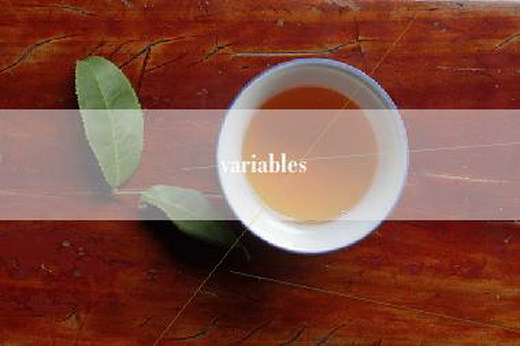Variables are an essential part of programming. They are used to store values that can be used later in the code. Variables can be assigned different values, and they can be used to perform mathematical operations, manipulate strings, and much more. In this article, we will explore the basics of variables and how to use them in programming.
Declaring Variables
Before you can use a variable, you must first declare it. Declaring a variable means that you are telling the computer to set aside some memory for that variable. To declare a variable, you need to specify its name and its data type. A data type is a classification of the type of data that a variable can hold.
For example, you can declare an integer variable like this:
int num;

This declares a variable named "num" of type integer. You can also assign a value to the variable when you declare it, like this:
int num = 5;
This declares a variable named "num" of type integer and assigns it the value 5.
Data Types
There are many different data types that you can use for variables. Here are some of the most common data types:
- int: Used to store integers (whole numbers).
- float: Used to store floating-point numbers (numbers with decimal points).
- double: Used to store double-precision floating-point numbers.
- char: Used to store single characters.
- string: Used to store strings of characters.
Using Variables
Once you have declared a variable, you can use it in your code. You can assign values to the variable, perform mathematical operations on the variable, and much more.
For example, you can assign a value to a variable like this:
int num = 5;
You can then use the variable in a mathematical operation, like this:
int result = num + 3;
This sets the variable "result" to the value of "num" plus 3, which is 8.
You can also use variables in strings, like this:
string name = "John";
cout
本文转载自互联网,如有侵权,联系删除